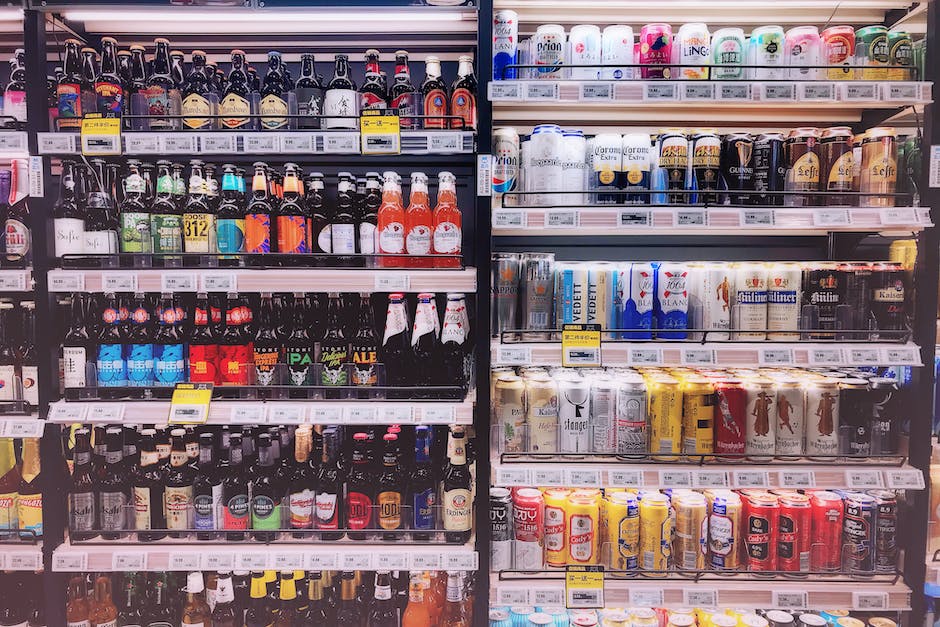

Fat Donglai, who prefers living in the third-tier city of Xuchang, has seemingly become the “savior” of China’s chain supermarket industry. At the end of March, Fat Donglai just initiated support for Bubugao; in the last two days, it has become the honored guest of Yonghui Supermarket, “the light of private retail.” Whether Fat Donglai can completely cure the chronic diseases of its peers remains to be observed over time. However, the magic of traffic has already been spread in the stock market. On March 31st, Fat Donglai’s founder Yu Donglai led a team to Changsha, and *ST Bubugao’s stock price hit the daily limit for two consecutive trading days; on May 7th, Yu Donglai just visited the Zhengzhou store of Yonghui, and Yonghui Supermarket’s stock price closed at the daily limit, with its market value increasing by 2.2 billion yuan in one day.
With a cumulative loss exceeding 8 billion yuan over three years, can Fat Donglai truly guide Yonghui Supermarket out of the mire of losses? How does a supermarket in a third-tier city in China hold such magic to fascinate the big players in the Chinese chain supermarket industry, and even the capital market? On May 7th, Fat Donglai’s founder Yu Donglai visited multiple stores of Yonghui Supermarket in Zhengzhou. Subsequently, rumors spread that Fat Donglai would commence support for Yonghui Supermarket. Until now, no official confirmation of a support relationship has been received from either company.
A spokesperson from Yonghui Supermarket’s (601933.SH) securities department stated in a media interview that the company would learn from Fat Donglai’s relevant strengths. However, there is no further progress to disclose regarding the takeover and support mentioned online. According to a Dahe Newspaper report, on May 7th, Yu Donglai visited Yonghui Supermarket stores in Zhengzhou, including Longhu Jinyi City and Hanhai Beijin, as well as four other stores, during which he also communicated with the store managers, clerks, and customers. However, no photos published by the media of the visit showed the presence of Yonghui Supermarket’s core executives. Additionally, media reports indicated that after the visit, a closed-door meeting was held where Yu Donglai decided to initiate support and restructuring for Yonghui Supermarket.
Set to begin in early June and late June at Yonghui Supermarket’s Hanhai Beijin store and Xinxiang Baolong Plaza store. Reportedly, prior to Yu Donglai’s visit, Yonghui Supermarket’s chairman Zhang Xuansong, CEO Li Songfeng, and other management had visited Fat Donglai in Xuchang. In the current tough times for traditional supermarkets, Fat Donglai, which is based in Henan’s Xuchang, has indeed become the industry’s trendsetter. Previously, Fat Donglai had exported its model to several regional chain supermarkets.
In early April, the first support for the restructuring of related Bubugao stores marked its first time assisting a large chain supermarket in a new first-tier city. According to media reports, by April 25th, Bubugao Supermarket’s Meixihu store in Changsha had completed the first phase of restructuring, with remarkable results. A store that previously averaged 150,000 yuan in daily sales had exceeded 1 million yuan by April 14th. On May Day, the store’s revenue reached 2.4 million yuan, with a footfall of 17,700 people, setting a historical record. The capital market is already on the move. Yesterday, Yonghui Supermarket’s stock opened significantly higher and closed at the daily limit, with its market value increasing by 2.2 billion yuan in one day.
The once-radiant star of retail, Yonghui Supermarket didn’t receive the pomp and following as that of BuBuGao upon Yu Dong’s arrival, but rather, it seemed somewhat coy, as if hiding part of its face behind a pipa.
Yonghui Supermarket, once an outstanding example of privately-owned chain supermarkets, has grown and expanded ever since its foundation in 1995 based on the “Gu Le Wei Li” supermarket established by Zhang Xuansong. With keen business insight and the distinctive Fujian tenacity, Yonghui broke through numerous challenges and persisted with a differentiation strategy against global giants like Carrefour and Walmart, shining particularly in the fresh produce sector.
In its growth, Yonghui earned the attention and investment of the capital market, including substantial investments and stock increases by international chain giant Dairy Farm International, as well as capital injections from JD.com and Tencent, making it a once-notable dark horse in the industry. The company’s base business, through continuous regional expansion and industrial chain extension, established the massive and robust “Yonghui system”.
In 2019, Yonghui Supermarket reached its zenith, with business revenue nearly touching the hundred-billion mark, and its net profits attributable to the parent company reaching 1.794 billion yuan. However, this good fortune was short-lived; the company’s revenue began to decline from 2021, and by 2023 it faced a crisis of significant losses, with cumulative losses amounting to 8.036 billion yuan. Along with rising losses, the number of company stores dropped continuously, including the closure of numerous stores comprising 31 Bravo stores.
During a critical period of transformation, Yonghui Supermarket underwent frequent personnel changes, with several senior managers resigning. From May 2023 to February 2024, there were consecutive resignations of 8 directors, supervisors, and senior executives. Meanwhile, faced with a tight cash flow situation, the company pushed its equity assets into the market to raise funds to meet the challenges.
Even so, Yonghui Supermarket’s financial situation still has a certain buffer, with ample cash reserves, and after selling its stake in Wanda Commercial Management, the company’s cash flow is expected to be further strengthened. This series of measures indicates Yonghui Supermarket is going all out in an effort to stabilize its industry standing and seek possibilities to break through the difficulties.
Investors, however, seem to take a grim view of the future operational development of Yonghui Supermarket. This year, the stock price once fell to a historical low of 2.08 yuan per share. As of the close on May 8th, Yonghui Supermarket’s latest market value was only 23.78 billion yuan.
Jingdong, which has long been a stable supporter of Yonghui Supermarket, finally showed the limits of its patience. It announced that from April 16th to July 15th, it would choose a suitable time to reduce its stake of no more than 1% according to market conditions, although this might result in substantial losses.
At this moment, the once heralded “savior” of China’s chain supermarket industry is experiencing a series of challenges.
[ad_2]







